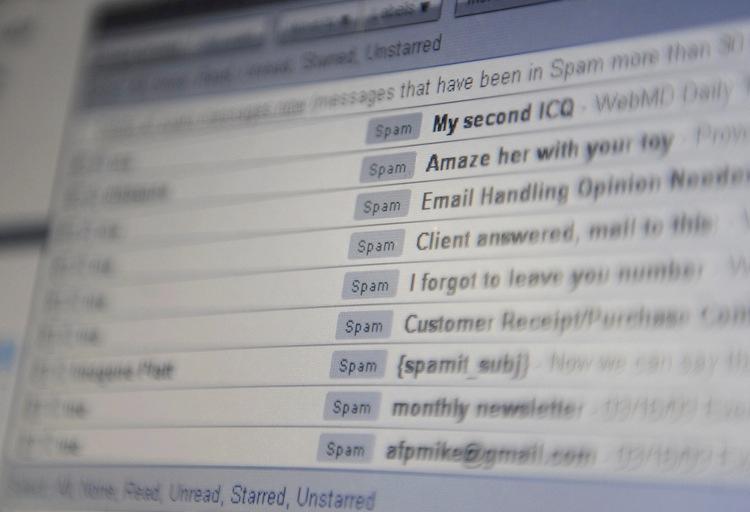Australia’s foreign ministry, the Department of Foreign Affairs and Trade (DFAT) has unintentionally revealed the personal email addresses of over two thousand citizens currently stranded overseas after a staff member accidentally chose the wrong setting for a group email.
Addressing the breach in a post on Twitter, DFAT apologised for unintentionally disclosing the email addresses of stranded Australians they are trying to help get home and said that no other personal information was disclosed.




